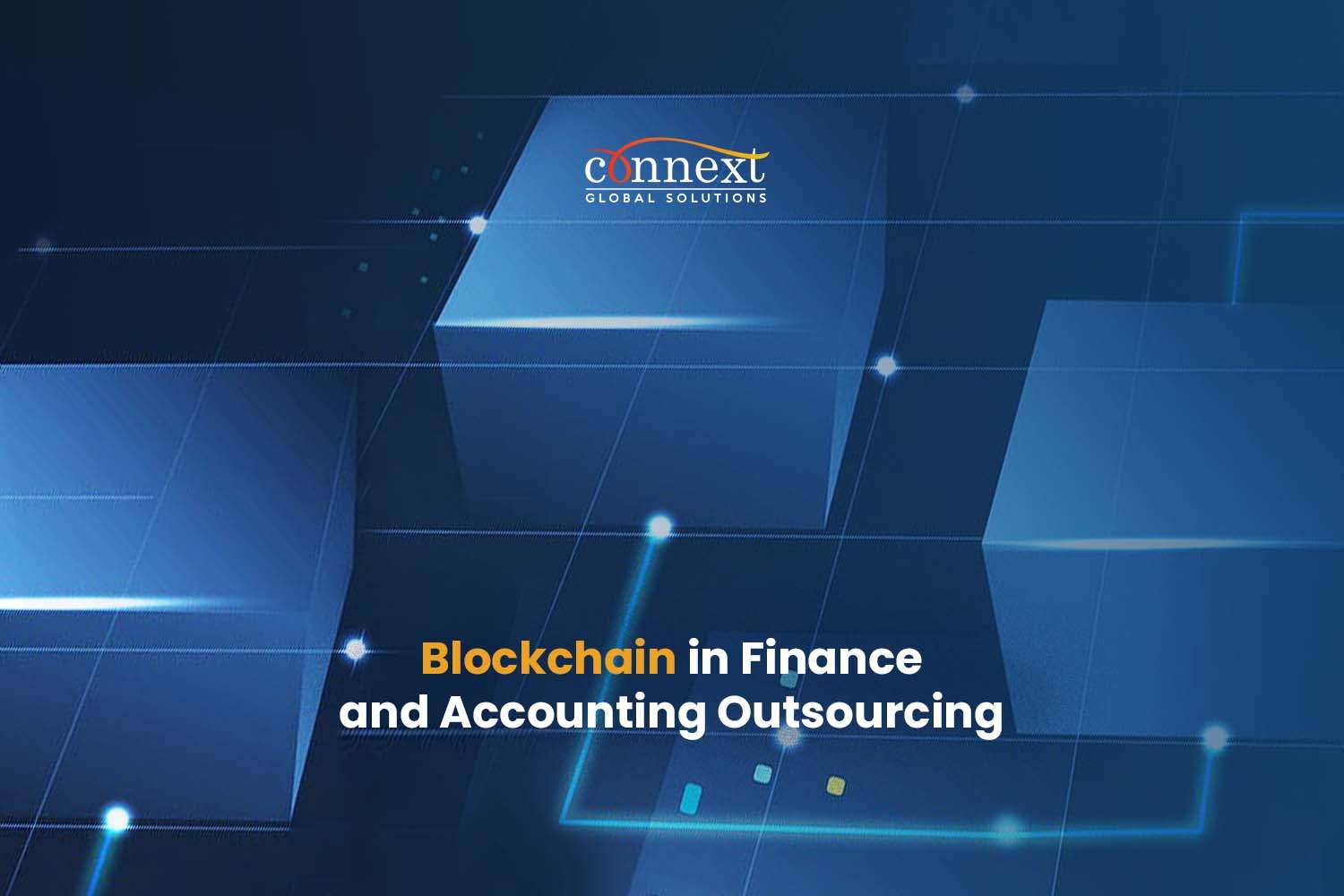Blockchain: it’s everywhere. This buzzword is commonly being brought up in business insights, current trends, technology forums and conferences.
What is Blockchain?
Blockchain is an emerging technology shaping and disrupting the world we live in.
With blockchain technology, all confirmed transactions completed are recorded in a decentralized system and are accessible to parties involved across a network without the presence of third-party intermediaries such as the central bank or financial institutions.
All data stored in blockchain and transactions made in the blockchain are immutable and traceable, allowing for trust, transparency, accessibility and accountability. Blockchain allows for a decentralized yet interconnected system governed by a set of rules capable of securing transactions, sharing and data storage.
Whenever blockchain technology is mentioned, the first thing that comes to mind is that it is closely associated with digital currencies, especially Bitcoin.
In fact, there are nearly over 6,000 cryptocurrencies as of 2021 – a severe increase from just a handful of digital coins in 2013. (Statista)
Blockchain technology, however, is not limited to the confines of cryptocurrency trading. It also poses great value to key industries.
Blockchain in the Finance and Accounting Outsourcing Industry
The market size for blockchain solutions for the banking system and financial institutions was estimated at 0.28 billion U.S. dollars in 2018. The application of blockchain technology in the financial sector is expected to develop further in the next years, reaching a market size of approximately 22.5 billion U.S. dollars in 2026. (Statista)
Blockchain technology could help the world’s largest investment banks cut their infrastructure costs by between $8 to $12 billion a year by 2025, according to a report by Accenture. (Reuters)
71% of financial service executives outsource or offshore some of their services… Small business outsourcing stats show that 37% of all accounting and IT tasks get outsourced. (Fortunly)
Since the most commonly outsourced jobs in small businesses are accounting and IT, Finance and Accounting Outsourcing Companies can optimize finance services through blockchain technology.
The Blockchain poses great relevance to the Finance and Accounting Outsourcing Industry. It enables a distributed ledger which, save for the immutability and decentralized aspects, works in the same basic concept as to how accounting ledgers in accounting practices work: a platform for recording transactions. The concept of blockchain technology is regarded as a financial accounting technology and is in fact a distributed ledger technology, a ledger that allows for both secure data storage and information exchange, available to the peer-to-peer network. In the blockchain, Finance and Accounting Outsourcing businesses can effectively perform financial services and preserve corresponding transactions.
Several stock exchanges around the world are piloting a blockchain platform that enables the issuance and transfer of private securities. Additionally, multiple groups of banks are considering use cases for trade finance, cross-border payments, and other banking processes. (Deloitte)
Last April 2021, Citi Innovation Labs teamed up with the Inter-American Development Bank (IDB) to test the use of blockchain technology and tokenised money to send payments from the US to Latin America and the Caribbean. IDB put funds denominated in dollars in a Citi account, which were held, tokenised, and transferred using digital wallets before being converted to Dominican pesos. During the process, exchange rates, payment status, and fees were traceable and transparent via the LACChain blockchain. (Finextra)
Let’s take a look at how Finance and Accounting Outsourcing companies can benefit from the integration of Blockchain technology.
Smart Contracts in the Blockchain
Smart contracts, which are transaction protocols exclusive in the blockchain, are in place to facilitate the verification and execution of agreements from insurance claims, borrowing, lending to trade clearing – instead of Intermediaries such as brokers, exchanges, or banks to facilitate on verifying or approving agreements and transactions. Smart contracts allow for a speedy and efficient processing of transactions.
Establish Trust-based Relationships
Trust-based relationships can be perfectly established within a blockchain since there is transparency because of the immutability feature. Transactions are Immutable therefore cannot be altered or amended.
Since the blockchain is a decentralized system – there is no single database and network users are granted same-level access to transactions.
Triple-Entry Accounting System
Blockchain technology is disrupting tried and tested accounting outsourcing methodologies, down to the double-entry system that accountants have long used as the standard. The double-entry system, known as the debit-credit recording system, needs to be balanced at every transaction. With the practice of a double-entry accounting system, challenges encountered were time-consuming audits and reconciliations and errors or discrepancies in entries. With blockchain we are introduced with a triple entry accounting system.
The triple-entry accounting system minimizes errors or even eradicates errors. Although this accounting system was already practiced in the 1980s, the difference of this system is instead of an independent recording entity to account transactions, we have blockchain technology records as the transparent source of all transactions and the transaction history that enables a more convenient auditing and a more efficient recording thereof.
Verification of Data
This three-entry accounting system updates records in sync with other users within the network. There is a near-real time settlement for financial transactions. The peer-to-peer network who has copies of the transaction are notified of the transaction real-time. Since transactions are verified in the blockchain real-time, blockchain transactions are especially useful for auditors. With a real-time overview of verified transactions, there is seamless auditing, monitoring and reconciliation.
Blockchain Technology supplements the Finance and Accounting Outsourcing Industry by addressing such questions as “Did the transaction go through? Was it received by the intended party?” All these can be answered real-time with the effective and efficient reporting done in blockchain.
Identifying the authenticity and legitimacy of the transactions are now possible with the help of innovative blockchain technology.
Blockchain is evolving at a disruptive pace. Finance and Accounting Outsourcing companies need to integrate and deploy blockchain technology into their operations to be able to keep up with the changing times and both be future-proof and future-ready.
References:
Deloitte (https://www2.deloitte.com/bd/en/pages/audit/articles/gx-impact-of-blockchain-in-accounting.html)
Fortunly (https://fortunly.com/statistics/outsourcing-statistics/)
Reuters (https://www.reuters.com/article/us-banks-blockchain-accenture-idUSKBN1511OU)
Statista (https://www.statista.com/statistics/1229290/blockchain-in-banking-and-financial-services-market-size/)
Online Degrees (https://onlinedegrees.und.edu/blog/triple-entry-accounting-blockchain/)
CPA Journal (cpajournal.com)
ifac.org (https://www.ifac.org/knowledge-gateway/preparing-future-ready-professionals/discussion/blockchain-technology-shaping-future-accountancy-profession)









